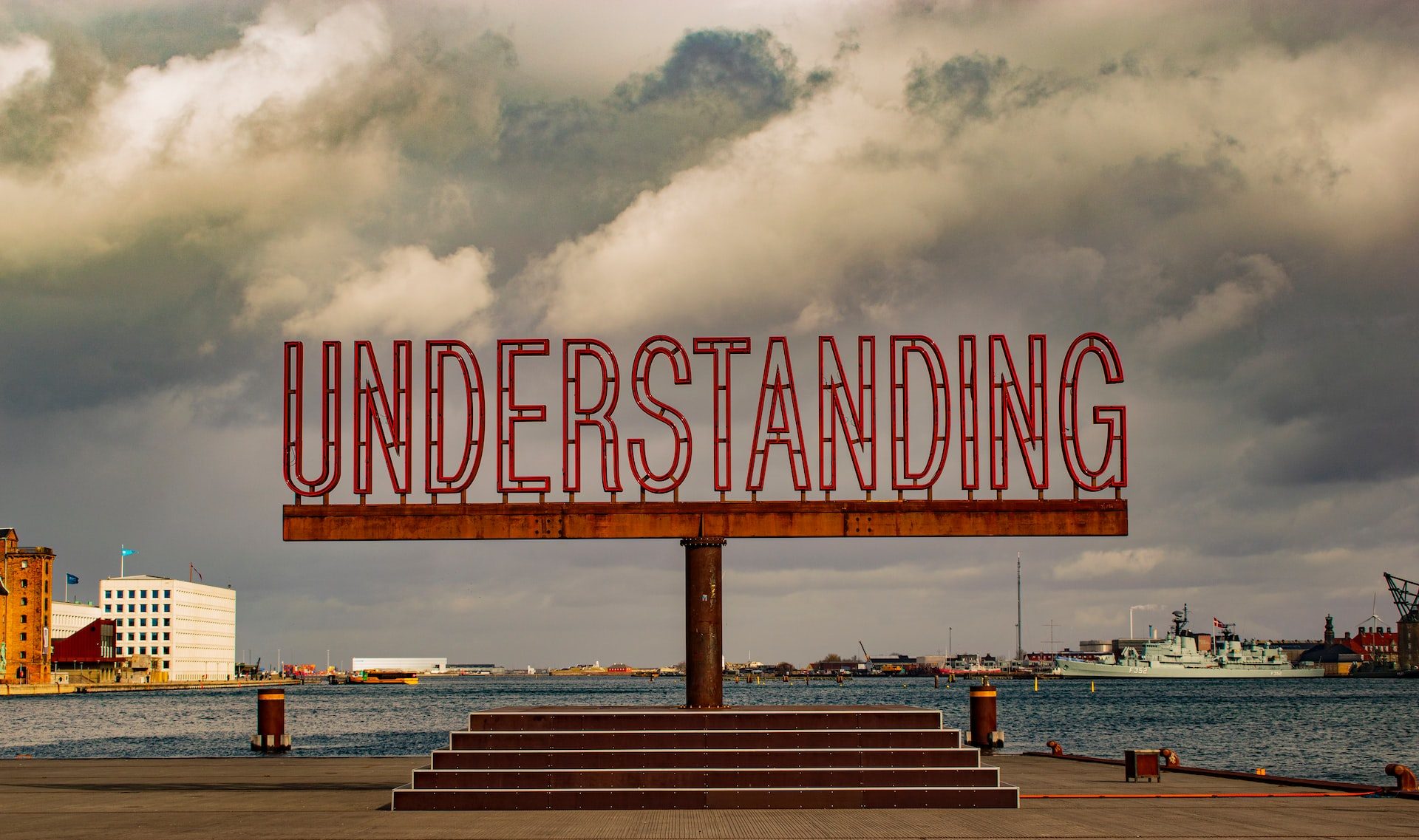Effective communication is essential in all aspects of life, from personal relationships to business dealings. Whether you are giving a presentation, discussing an important decision with your team, or simply talking to a friend or loved one, the ability to communicate clearly is a vital skill that can make all the difference.
Clear communication involves the effective exchange of information and ideas, using language that is easily understood by all parties involved. It requires careful consideration of your audience and their needs, as well as a thorough understanding of the subject matter at hand.
There are many benefits to clear communication, both in personal and professional settings. In the workplace, clear communication can lead to increased productivity, better decision-making, and stronger team relationships. It can also help to avoid misunderstandings, conflicts, and mistakes that can arise from poor communication.
In personal relationships, clear communication can help to build trust, deepen connections, and foster understanding. It can also help to avoid misunderstandings and conflicts that can arise when there is a lack of clarity or mutual understanding.
So, what are some key elements of clear communication?
First and foremost, it is important to be clear and concise in your language. Use simple and direct language that is easy to understand, and avoid using jargon or technical terms that may be unfamiliar to your audience.
Secondly, it is important to be an active listener. This means giving your full attention to the person who is speaking, and taking the time to understand their message before responding. It also involves asking questions and seeking clarification when necessary, to ensure that you fully understand what is being said.
Thirdly, it is important to be aware of your body language and tone of voice. Non-verbal cues can often convey just as much information as the words we use, so it’s important to be mindful of your posture, facial expressions, and tone of voice when communicating with others.
In conclusion, clear communication is an essential skill that can help you to succeed in all areas of life. By being clear and concise in your language, being an active listener, and being aware of your body language and tone of voice, you can improve your communication skills and build stronger relationships with those around you. So the next time you’re communicating with someone, take the time to consider how you can communicate more clearly and effectively, and enjoy the benefits that come with clear and effective communication.

